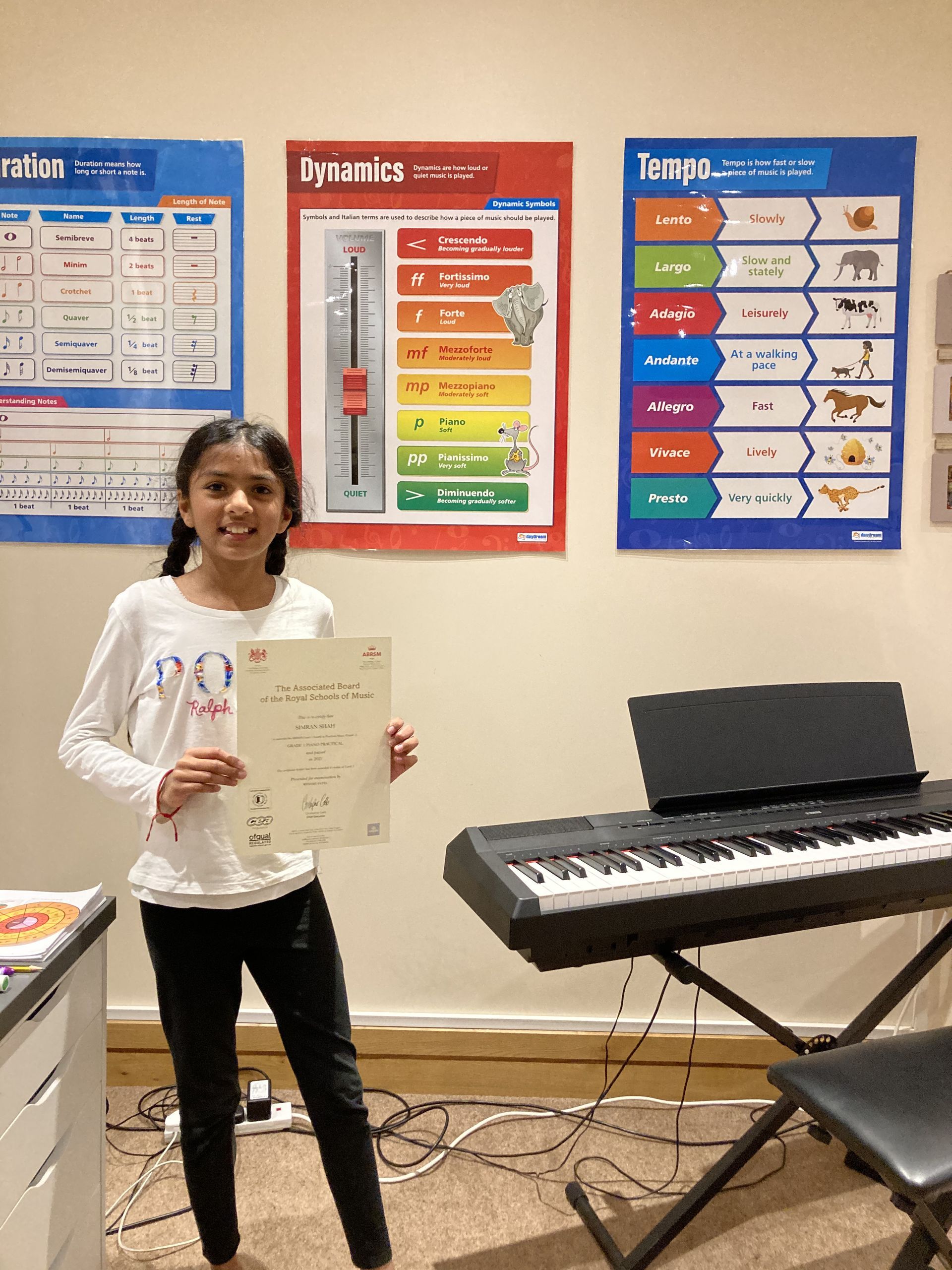Music Theory Made Simple The Essential Basics Every Pianist Needs
Music theory is the foundation of great piano playing. Here are the essential concepts every beginner should know:
1. Notes and the Musical Alphabet
Music consists of 12 notes: A, B, C, D, E, F, G, and their sharps and flats. Learning the notes on the keyboard is the first step.
2. Understanding Rhythm and Time Signatures
Time signatures tell you how many beats are in each measure. The most common is 4/4 time, where each measure has four beats.
3. Chords and Scales
Scales build finger strength and understanding of key signatures, while chords provide harmonic structure. Start with major and minor scales, then move to simple triads.
4. Intervals and Ear Training
Intervals (the distance between two notes) help with sight-reading and ear training, allowing you to recognize harmonies in music.
5. Reading Sheet Music
Learning how to read notes on the staff will allow you to play a wider variety of music and become more independent as a pianist.
6. Applying Theory to Playing
Understanding theory isn’t just academic - it helps you improvise, compose, and interpret music more expressively.
By mastering these basics, you’ll build a solid foundation for piano success! Get in touch to find out more information here: www.keysoundsuk.com/contact



All Rights Reserved | Key Sounds UK
